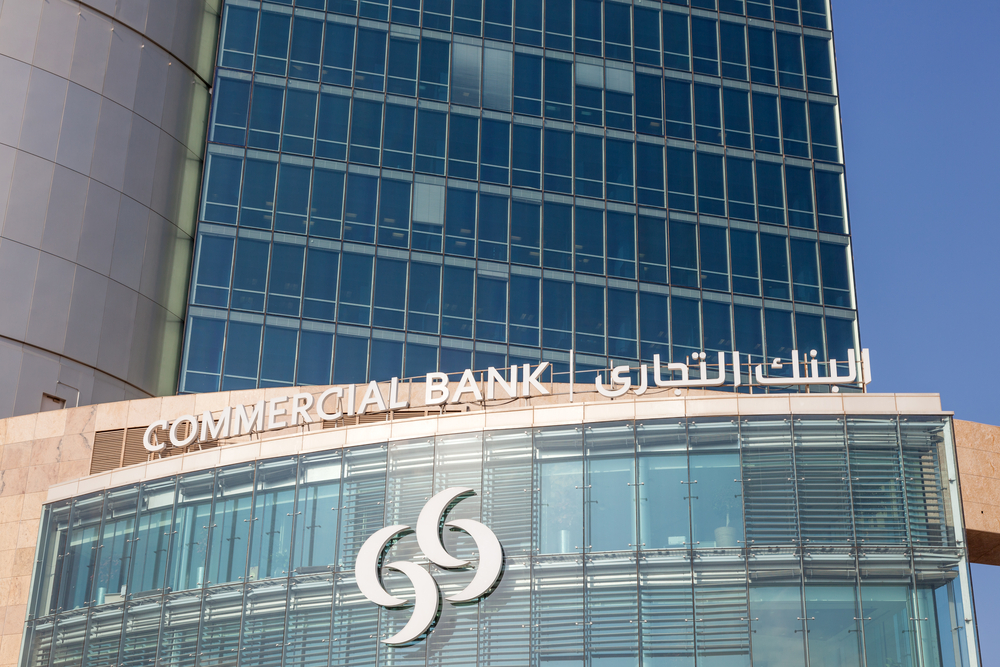Qatar Commercial Bank Uses Infosys’ Cloud Blockchain for Money Transfer Pilot

Commercial Bank, Qatar’s first private bank has announced the successful completion of an international money transfer pilot using a cloud-based blockchain developed by a subsidiary of Indian software giant Infosys.
Last month, Commercial Bank unveiled its blockchain pilot that saw the bank conduct trials on a blockchain grid shared by three partner banks from Turkey, Oman and the UAE. The initial pilot proved successful, offering real-time, bank-to-bank international transfers at markedly lower costs. The bank revealed that it would look to gain regulatory approval for its blockchain-based remittance service while targeting high-remittance corridors between the Middle-East and Asia.
In an announcement this week, it is revealed that the blockchain used was developed by Infosys Finacle, part of EdgeVerve Systems which is a wholly owned subsidiary of Indian IT giant Infosys. Infosys also laid claim to the successful completion of the pilot being the first ever instance of international remittances being processed on a cloud-based blockchain network.
An excerpt from the announcement added:
The network is built on an asset-agnostic cloud-based ledger with which the banks are able to automate inter-organizational processes, reducing the risk of fraud and enabling greater transparency.
Further details reveal that the Commercial Bank-led blockchain network was developed in weeks.
Intriguingly, the network was developed independently of the core remittance operations used by the banks currently, hinting toward a complete replacement of the bank’s existing wire banking systems, with blockchain technology.
Commercial Bank chief executive Joseph Abraham stated:
We are delighted with the success of this pilot across the Commercial Bank Group and want to expand our cluster to form closed group networks for trade and cash transactions with more banks in South Asia, Egypt, Philippines, UAE and other countries with higher transaction volumes.
The next phase of Commercial Bank’s blockchain project will see it move from commercial blockchain solutions to business processes, specifically trade finance. Purchase orders and invoices, along with international trade documents will be exchanged and authenticated digitally in real-time, negating the need for paper. The same cloud-based blockchain will also be powered by smart contracts which will be put to use for trade finance processes.
Featured image from Shutterstock.